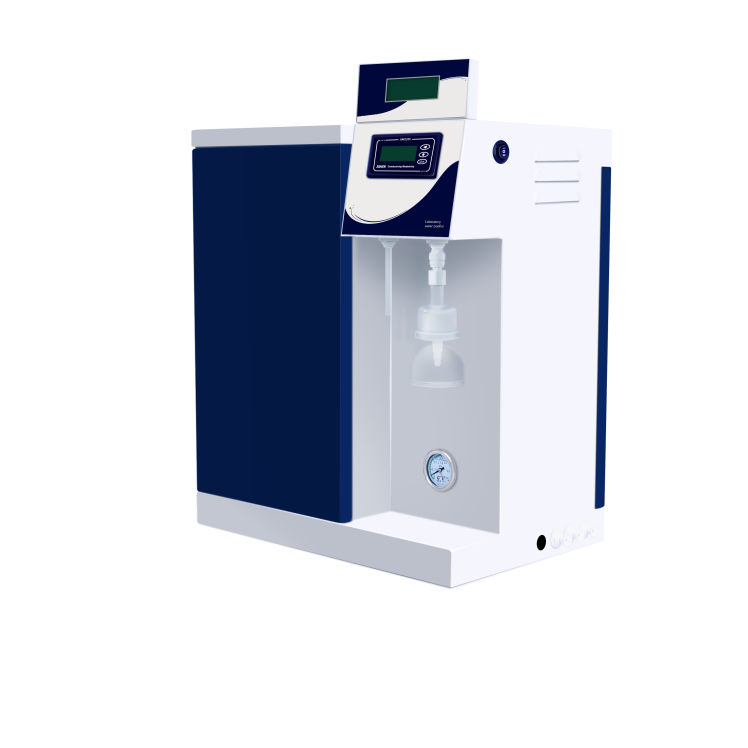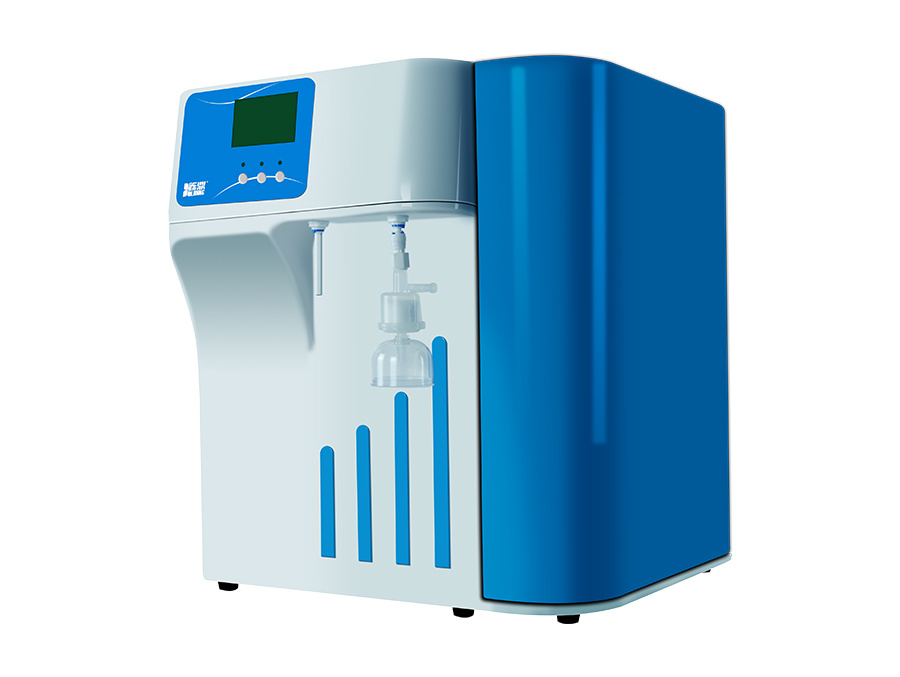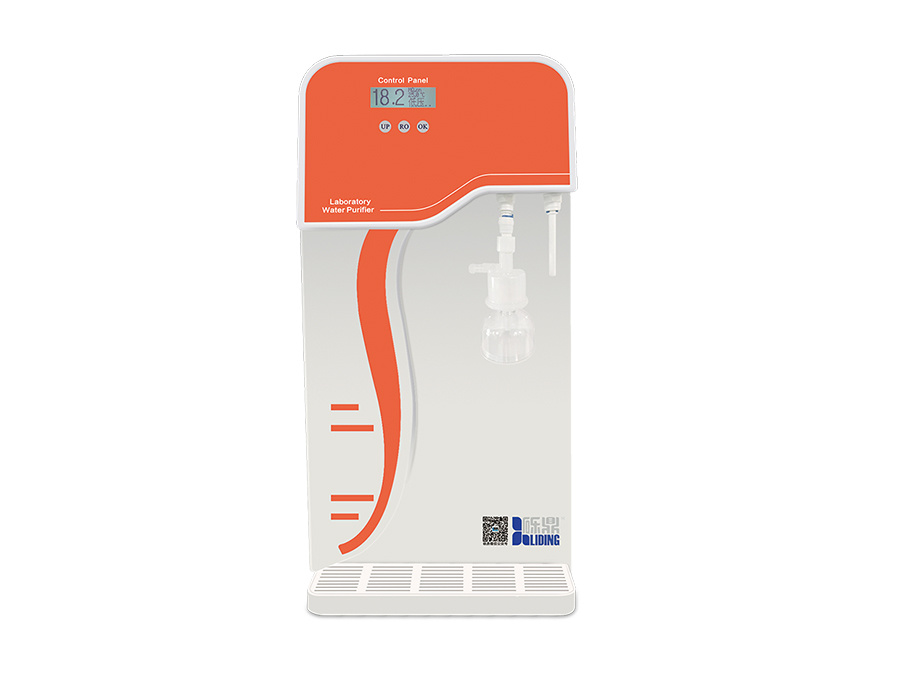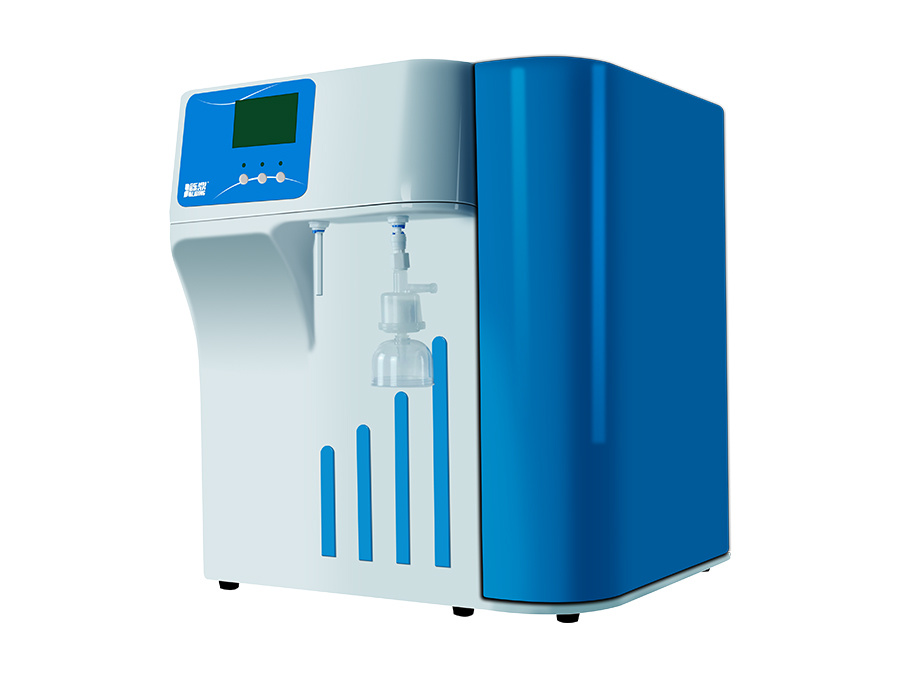The Critical Importance of Ultrapure Water Systems in Modern Laboratory Environments
Time:
Jun 09,2025
The Critical Importance of Ultrapure Water Systems in Modern Laboratory Environments
Table of Contents
- 1. Introduction to Ultrapure Water Systems
- 2. Importance of Ultrapure Water in Laboratories
- 3. Key Applications of Ultrapure Water Systems
- 4. Technology Behind Ultrapure Water Systems
- 5. Ensuring Quality Control in Ultrapure Water Systems
- 6. Challenges in Maintaining Ultrapure Water Quality
- 7. Future Trends in Ultrapure Water Technology
- 8. Conclusion
- 9. Frequently Asked Questions
1. Introduction to Ultrapure Water Systems
In the landscape of modern laboratories, the demand for **high-quality water** is paramount. Ultrapure water systems are designed to produce water that meets the rigorous standards necessary for critical experiments and processes. These systems undergo multiple purification stages to eliminate contaminants, ensuring that water is free from ions, microorganisms, and particulates.
2. Importance of Ultrapure Water in Laboratories
Ultrapure water is not just a preference; it is a necessity in many scientific applications. By utilizing ultrapure water systems, laboratories can achieve significant benefits:
- **Enhanced Accuracy**: In scientific experimentation, even the tiniest impurities can skew results. Ultrapure water systems provide the level of purity required to maintain accuracy in testing and analysis.
- **Increased Equipment Longevity**: Using ultrapure water reduces the risk of corrosion and buildup in laboratory equipment, significantly extending its lifespan.
- **Compliance with Standards**: Many industries, especially pharmaceuticals and biotechnology, are governed by strict regulatory standards that mandate the use of ultrapure water for specific applications.
3. Key Applications of Ultrapure Water Systems
Ultrapure water systems are utilized in various laboratory settings, serving different industries and research areas.
3.1 Pharmaceuticals
In the pharmaceutical industry, ultrapure water is essential for drug formulation, production, and testing. It ensures that formulations are free from contaminants that could affect their efficacy and safety.
3.2 Biotechnology
Biotechnology applications, including cell culture and molecular biology, depend on ultrapure water to prevent unwanted biological variables that could impact research outcomes.
3.3 Academic Research
Academic laboratories require ultrapure water for a variety of experiments, ranging from chemical reactions to analytical testing. The use of ultrapure water enhances the reliability of findings and supports groundbreaking research.
4. Technology Behind Ultrapure Water Systems
The production of ultrapure water involves sophisticated technologies and processes designed to remove impurities effectively.
4.1 Filtration Techniques
Filtration is a fundamental step in the purification of water. Various filtration methods, such as microfiltration and ultrafiltration, are employed to remove larger particles and microorganisms.
4.2 Reverse Osmosis
One of the most effective methods for producing ultrapure water is reverse osmosis (RO). This process uses a semipermeable membrane to separate contaminants from water, allowing only pure water molecules to pass through. RO systems are crucial in achieving the low total dissolved solids (TDS) levels required for ultrapure water.
4.3 Deionization Processes
Deionization (DI) further purifies water by removing ionized salts and impurities through ion exchange resins. This process is often used in conjunction with reverse osmosis for optimal results, ensuring that all ionic contaminants are eliminated.
5. Ensuring Quality Control in Ultrapure Water Systems
Quality control is critical for maintaining the integrity of ultrapure water systems. Regular monitoring and testing are necessary to ensure that water meets purity standards. Implementing effective quality control measures involves:
- **Routine Testing**: Conducting regular checks for contaminants such as bacteria, endotoxins, and ion concentrations.
- **System Maintenance**: Ensuring that all components of the purification system are functioning correctly and are regularly maintained.
- **Data Management**: Utilizing data logging and monitoring systems to track water quality over time, providing insights into system performance and potential issues.
6. Challenges in Maintaining Ultrapure Water Quality
While ultrapure water systems are essential, they do face challenges that can affect performance and water quality. Some of these challenges include:
- **Contamination Risks**: Exposure to air, surfaces, and equipment can introduce contaminants. Strict protocols must be followed to minimize these risks.
- **System Complexity**: The intricate nature of ultrapure water systems requires specialized knowledge for operation and maintenance, which can pose staffing challenges.
- **Cost Factors**: The initial investment and ongoing maintenance costs can be significant, particularly for smaller laboratories.
7. Future Trends in Ultrapure Water Technology
As the demand for ultrapure water continues to grow, innovations in technology are emerging to enhance water purification processes. Future trends include:
- **Smart Water Systems**: Utilizing IoT technology to monitor and control water quality automatically, ensuring optimal performance and efficiency.
- **Advanced Membrane Technologies**: Research into new materials and designs for membranes that offer better performance and durability.
- **Sustainable Practices**: Developing eco-friendly purification methods that reduce waste and energy consumption while maintaining high purity levels.
8. Conclusion
Ultrapure water systems play a vital role in modern laboratory settings, supporting a wide array of applications across various industries. By providing the highest quality water, these systems significantly enhance the accuracy and reliability of scientific research. As technology advances, the future of ultrapure water systems looks promising, with innovations aimed at improving efficiency and sustainability. Laboratories that invest in these systems will not only meet regulatory standards but also contribute to the advancement of science.
9. Frequently Asked Questions
1. What is ultrapure water?
Ultrapure water is water that has been purified to remove nearly all contaminants, including ions, organic molecules, and microorganisms, making it ideal for laboratory applications.
2. How is ultrapure water produced?
Ultrapure water is typically produced through a combination of filtration, reverse osmosis, and deionization processes to achieve the required purity levels.
3. Why is ultrapure water important in laboratories?
Ultrapure water is essential in laboratories to ensure accurate results, maintain equipment longevity, and comply with industry standards.
4. What are the common applications of ultrapure water systems?
Ultrapure water systems are widely used in pharmaceuticals, biotechnology, and academic research for various applications, including drug formulation and molecular biology research.
5. What challenges do ultrapure water systems face?
Challenges include contamination risks, system complexity, and high maintenance costs, which require careful management and monitoring to maintain water quality.








